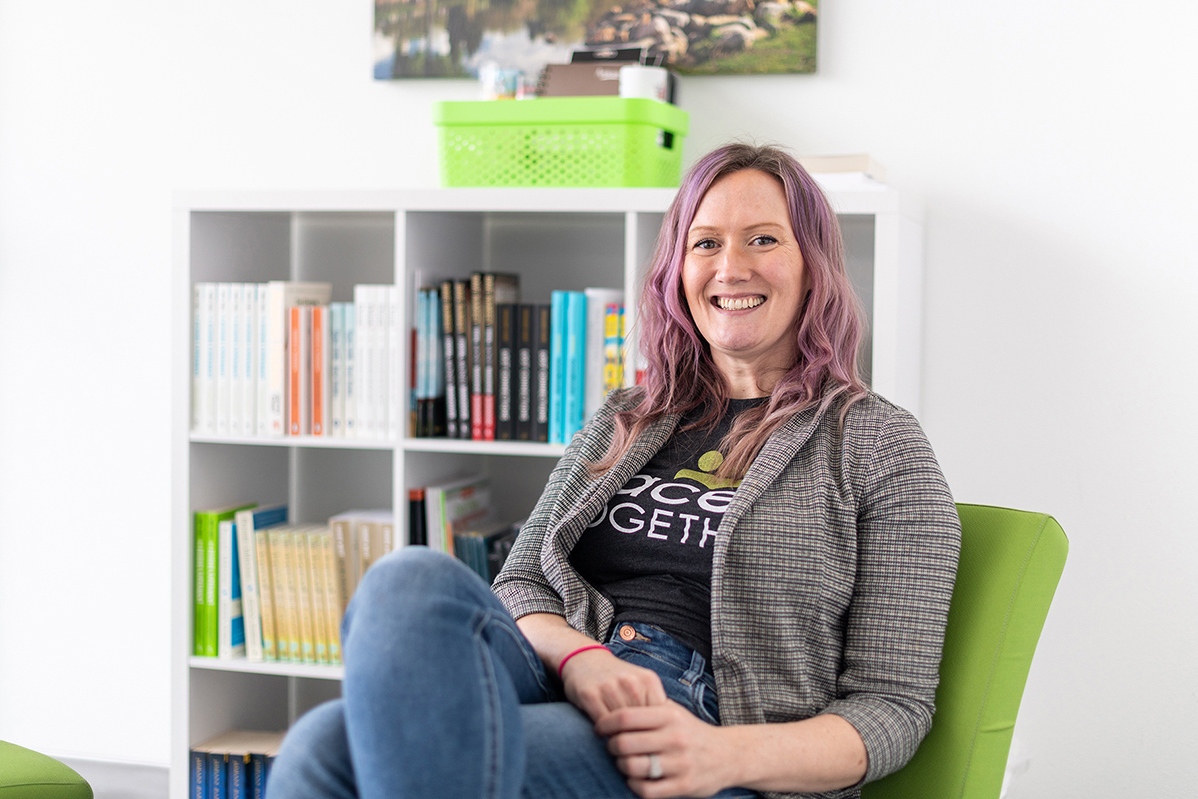January 30, 2024
Q: Can I make myself truly want to stop using?
A: In my experience, the desire to want to quit is a piece of the puzzle, but it’s not the whole puzzle. If you’re asking yourself this question, there’s probably a part of you that does truly want to stop, but you’re also afraid to deal with all the other pieces.
When I was using meth, there was always a part of me that wanted to quit. I was sad that I was using; I didn’t want to live that life. But for a long time, I was unwilling to do the things I needed to get well. I was scared. It took me being arrested on federal charges to finally make the leap. I had to put in the work and go through the discomfort of quitting. Even though it felt impossible, it was worth it. I have an amazing life and can’t even imagine using at this point.
I invite you to think about what your life could look like in five years if you were to quit using. How does that differ from your life in five years if you continue to use? What are you getting out of your use? For example, I’ve heard people say they drink so they can relax or so they can deal with negative emotions. But when you dig a little deeper, it turns out they’re not relaxed. Drinking actually takes them to a dark emotional place. As our use progresses, it’s less likely those “rewards” are even happening anymore.
All these areas of exploration can help as you decide if or when you want to stop. It’s like a building process. The more awareness you have, the more your desire might start to shift. You may come to find, eventually, that you do truly want to stop. Once the decision is made, it’s really just about developing new patterns in your brain.
If you’re not ready for that step yet, you could explore cutting back to see how your life starts to change. It may take time, but it’s possible. I’ve seen it happen to my members many times. Once you get the ball rolling and you accomplish one thing, you’ll feel better. Then, you can accomplish the next thing. There’s no time limit and there’s nothing wrong with starting with small goals.
Maybe, instead of starting with a goal related to your use, you could focus on something else. What are some things you’d like to accomplish? What feels like a realistic place to start? I recently watched my sister struggle. For her, it felt like there were too many barriers. However, once she got an apartment, everything changed for her and she felt like she could move forward. It looks different for every person. It could be working on debt, improving a relationship or trying a new hobby. Any one of those this could give you the boost you need to move forward. They could also provide the rewards you’re looking for in drugs, like relaxation. If other parts of your life start to flourish, you’ll rely on the drugs less.
One challenge that makes quitting difficult is the post-acute withdrawal period. I call it the “blah period,” and it’s a harsh reality of quitting drugs. It’s a kind of emotional numbness – you don’t have a lot of energy, things don’t bring you joy like they used to, you don’t sleep well – it’s a hard time to get through. I won’t get into all the science of the “blah period" here, but it takes time for our brains to heal. This can be tough to hear, but I think it’s important to talk about. Most importantly, it does get better. Remember that it’s not permanent; things will continue to get better and better. It can be helpful to talk openly with someone who’s been through it before to bring some perspective. If the situation calls for it, don’t be afraid to seek medical support, whatever that looks like for you.
No matter what stage you’re in, you can do things that push you closer to readiness and make wellness feel achievable. The more you deal with the why behind your use and all the factors associated with wellness, the easier the transition will feel when you do decide that it’s time. I like to honor where people are and give them a safe place to explore, because the journey is so personal for every person. Face It TOGETHER is one safe place where you can explore your relationship with substances without pressure, which is sometimes all we need.

